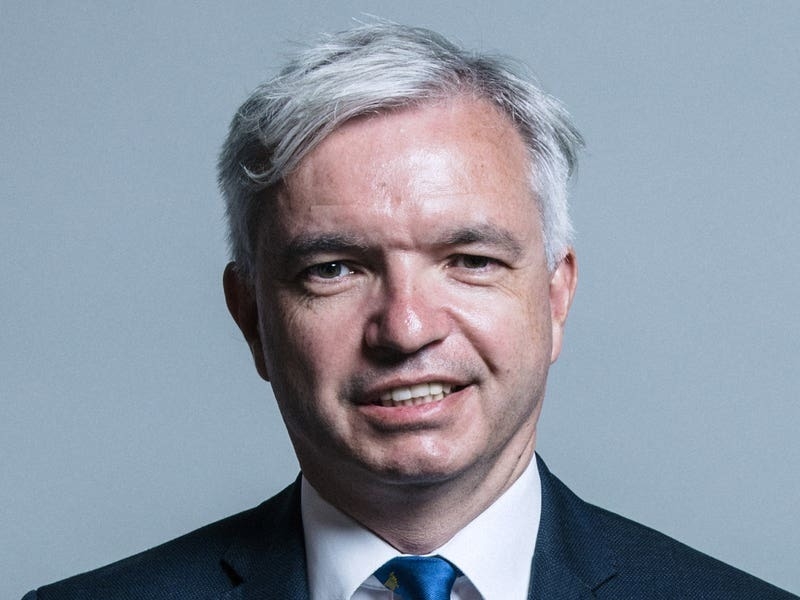But Simon Crowcroft has said he does not plan to move to oust the minister – Deputy Kevin Lewis – from his role despite giving the policy a ‘three out of ten’ rating for ‘realism, joined up thinking and the likelihood of actually getting things done’.
The Constable also labelled proposals in the policy to introduce traffic-free days or events in St Helier as ‘tokenism’. He criticised a lack of reference to taxis in the policy and said it seemed to be punishing car ownership, when reducing car use should be the focus.
The Sustainable Transport Policy was published on New Year’s Eve – six months after Mr Crowcroft successfully lodged an amendment to Deputy Rob Ward’s proposition calling for free bus travel for all.
In his amendment, the Constable asked the minister to ‘research, consult upon and identify funding for a sustainable transport strategy, including safe routes for walking and cycling’.
But Mr Crowcroft says that Deputy Lewis has failed to do what he was asked and needs help from backbenchers to salvage the policy.
‘I had great expectations, but he has not done what the amendment said. When I joined the States this was not acceptable. He has not done what the States has asked him to do and he would be facing a vote of no confidence.’
But the Constable, who joined the Assembly in 1996, has said he does not plan to bring a vote of no confidence and instead plans to lodge a series of amendments instead to ‘put meat on the bones’.
The Sustainable Transport Policy outlines several key principles about making cycling and walking safer, cutting the use of petrol and diesel cars and investing in the bus system over the next decade. It also contains plans, to be introduced or progressed this year, for traffic-free days in St Helier, improving cycle routes, bus lanes and appointing a new ‘transport officer’ and ‘cycling development officer’.
Mr Crowcroft said: ‘In terms of high-level policy I think it’s a nine out of ten. It tackles and considers most things. But in terms of actually delivering anything, I would give it about three out of ten. It’s very short on realism and a joined-up approach.
‘His proposal for traffic-free days, that is tokenism. There is no point, quite honestly, as we don’t need to be shown the benefits of having less traffic in town – we just need action.
In the previous Island Plan it was suggested that Broad Street should have some partial pedestrianisation after 11am. The minister just needs to take action.’
He added: ‘There is an anti-car thrust to the policy, but there is a subtle difference between car ownership and car use. We must reduce car use, but Jersey has a long history of car ownership. I enjoy my car and motorbike and I don’t plan to get rid of them. It’s pie in the sky to think we are going to get rid of all petrol and diesel cars. Sure, we should use them less and commute in other ways, but people like to go for a Sunday drive and enjoy their cars and people in St Helier have as much right to a space to park them as people in St Mary.’
In the Government Plan, £1.55 million has been set aside as part of the Climate Emergency Fund for this year’s plans under the Sustainable Transport Policy. Mr Crowcroft said the money was ‘a tiny amount’ when spread across all the proposed plans and should not be spent on recruiting new ‘expensive civil servants’ such as a transport and cycling officer and that existing experts in Europe should be consulted instead.
Mr Crowcroft also labelled plans in the policy for improvements on Midvale Road as ‘outrageous’, as they were suggestions made and agreed in 2010 and outlined in the Future St Helier Masterplan.






